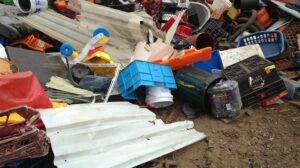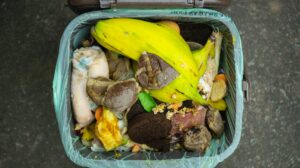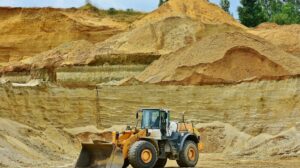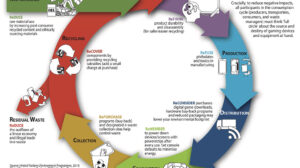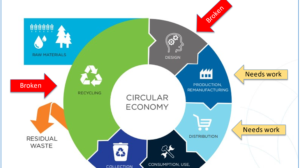Policy
28 March 2024
In support of timely national waste data
In any given year, waste data is generally 2-3 years old and out of date. How will we assess whether we achieve the Targets in 2030?
Infrastructure
29 February 2024
The goal of creating a Circular Economy is slipping through our fingers
State and Commonwealth Government action is necessary for the National Waste Action Plan to succeed and achieve the 2030 targets
Circular Economy
2 December 2022
Achieving our waste targets
By: Mike Ritchie, MRA Consulting Group In 2019, Australia’s environment ministers and the Australian Local Government Association (ALGA) agreed to the National Waste Policy and Action Plan (NWPAP). For the first time, all Governments were committing to collective action on recycling, waste management and the creation of a more Circular Economy. Our governments finally agreed […]
FOGO
5 October 2022
Kerbside FOGO needs a national standard
As Food Organics Garden Organics (FOGO) collections are more widely introduced by councils, a uniform approach is required nationally.
FOGO
14 July 2022
Getting the most out of the FOGO revolution
Perth, Adelaide, all of Victoria and now all NSW households will have FOGO (Food Organics, Garden Organics) collections by 2030.
Circular Economy
1 July 2022
The 2021 national plastics plan in a nutshell
Australia’s National Plastics Plan 2021 was released a year ago. Sadly, it looks like most of its targets will be missed. Nevertheless, the Plan provides a strong foundation for tackling plastic waste in Australia.
FOGO
21 June 2022
QLD provides the roadmap for Organics
Resource recovery in Queensland has lagged other States for a long time because they have had no landfill levy and that has stifled investment.
Circular Economy
20 April 2022
Recovered fines and recovered soil rules in NSW
NSW EPA has released the new draft Recovered Fines and Recovered Soils Resource Recovery Orders/Exemptions (RRO/E).
The good news first.
FOGO
11 April 2022
Organics collection mandates NSW – overcoming ‘barriers’
The NSW EPA recently provided the Waste Advisory Group NSW with an update on the implementation of the Waste and Sustainable Materials Strategy 2041 and the Waste Delivery Plan.
EfW
5 April 2022
What should we do with plastics?
Australia generates 2.4 million tonnes of plastic every year. It comes in all shapes and polymers. Car parts, sofas, drink containers, medical equipment, pallet wrap and single use packaging. You name a product in the economy and sure enough it will have plastic in it or in its supply chain.
Circular Economy
22 March 2022
Things everyone should know about waste and the Circular Economy
It always surprises me when governments announce waste/recycling policies which bear little resemblance to what is actually needed. But I blame myself.
Circular Economy
16 March 2022
Freeing Trevor to drive the circular bus
“We can achieve a Circular Economy by 2025” was the proposition in a debate run by the Young Professionals of WMRR. I chaired the “No” side. “No chance” we said (and won).
Sign up for all our latest articles
Blog categories
- Awards (9)
- AWT (1)
- Bin Trim (2)
- Carbon (27)
- Careers (2)
- Circular Economy (48)
- Climate Change (33)
- Compost (20)
- EfW (14)
- Event (12)
- FOGO (27)
- Grants (79)
- In the Media (17)
- Infrastructure (32)
- Landfill (38)
- Legislation (14)
- Levy (7)
- Licencing (5)
- litter (6)
- MRA News (58)
- MRA Projects (10)
- NSW (13)
- Organics (22)
- Planning & Approvals (10)
- Policy (76)
- Recycling (77)
- Regulations (4)
- State of Waste (14)
- State Strategy (28)
- Strategy (49)
- Waste (102)
- Waste Myths (9)
- wastenot (35)



